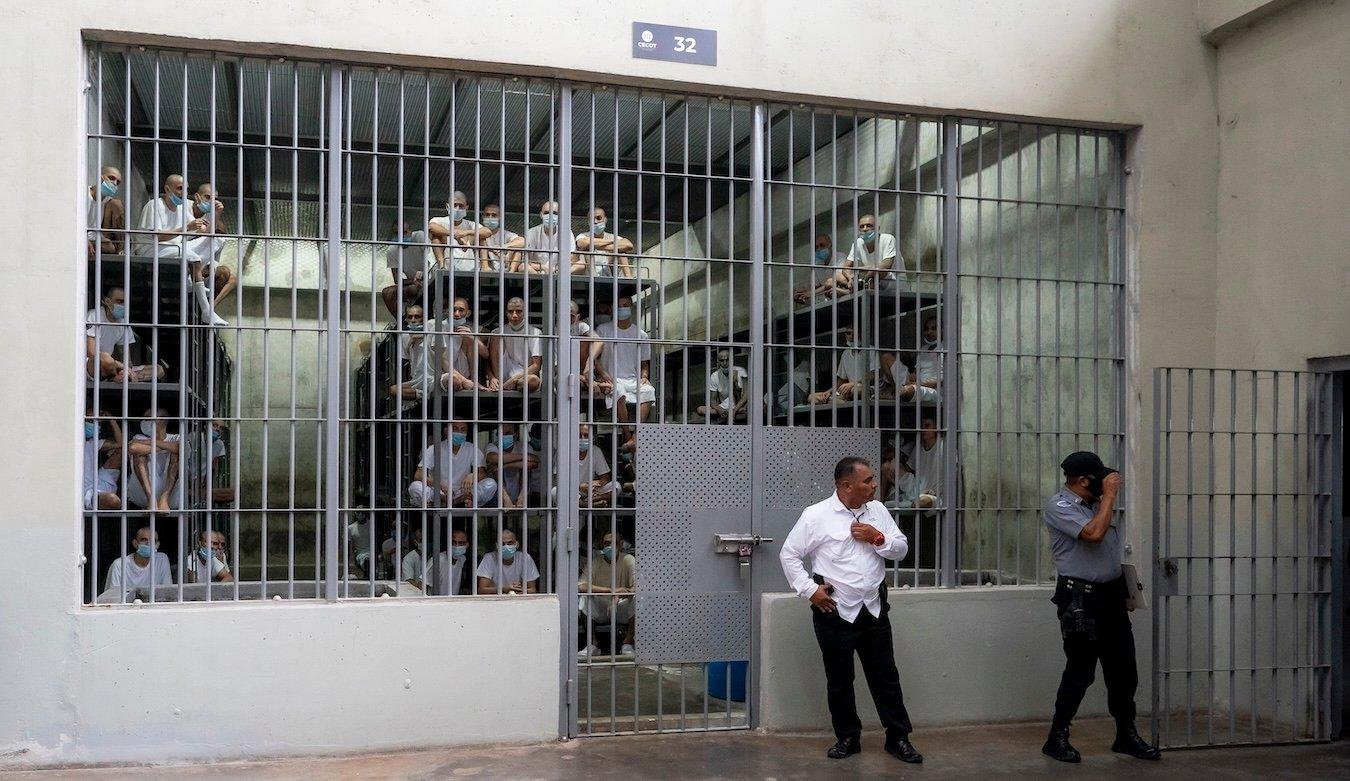border
Judge Insists on Accountability in Controversial Deportation Case: ‘No Room for Gamesmanship’

A federal judge is demanding an intensive review of the Trump administration’s handling of a Maryland father’s deportation to an El Salvador prison. U.S. District Judge Paula Xinis, during a recent hearing, expressed frustration over the lack of action taken to secure the return of Kilmar Abrego Garcia, who was unlawfully sent to El Salvador last month.
Judge Xinis pointedly remarked, “To date, what the record shows is nothing has been done.” Abrego Garcia, 29, was transferred to the Centro de Confinamiento del Terrorismo, a facility notorious for its harsh conditions. Xinis emphasized that every day in custody is “a day of further irreparable harm.”
Discussions between President Trump and El Salvador’s President Nayib Bukele have raised doubts about Garcia’s repatriation. Trump stated he cannot compel El Salvador to return him, while Bukele dismissed the notion of facilitating Garcia’s return as absurd.
The U.S. government claims it has complied with a Supreme Court order to “facilitate” Garcia’s release. However, Judge Xinis criticized Deputy Assistant Attorney General Drew Ensign for a lack of concrete evidence demonstrating any real efforts. She swiftly rejected attempts to discuss legal definitions, calling them distractions.
Xinis has ordered a two-week inquiry into the government’s actions, warning that she will not tolerate any attempts to evade responsibility. Lawyers representing Garcia argue that the Trump administration has yet to formally request his release from the Salvadoran authorities, despite a recent meeting with Bukele.
Neither government has justified Garcia’s detention at the CECOT, and uncertainty looms over his future. Garcia fled gang violence in El Salvador as a teenager and had lived legally in the U.S. for nearly 14 years, supporting his family in Maryland. Last month, U.S. Immigration and Customs Enforcement (ICE) deported him without notifying him of any appeal rights. The administration alleges gang affiliation, a claim Garcia’s attorneys vehemently deny.
A previous immigration ruling prohibited his return due to fears of persecution. However, an administrative error led to his deportation. The CECOT has become infamous for its inhumane conditions, where detainees, including Garcia, have reportedly faced torture and insufficient healthcare.
Currently, Garcia has no means to communicate with either his family or legal counsel, increasing concerns about his welfare. His attorneys are pushing for the court to hold the government accountable if it fails to act on his case.
Simultaneously, Chief U.S. District Judge James Boasberg is evaluating similar issues in D.C. regarding the administration’s recent deportation practices, suggesting possible “bad faith” actions during deportation flights.


















